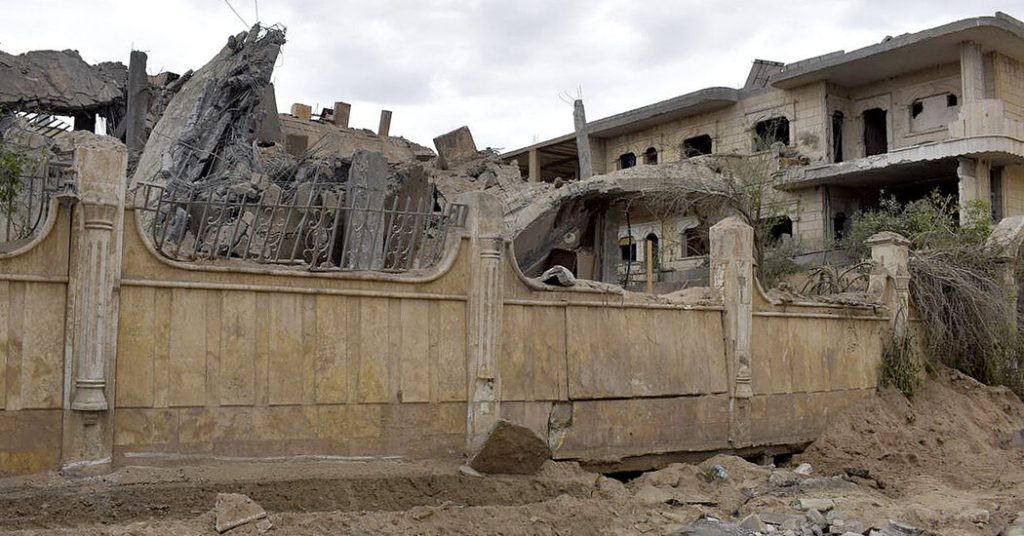Iran is engaging in a clandestine smuggling operation across the Middle East to supply weapons to Palestinians in the Israeli-occupied West Bank. The aim of this operation is to increase unrest against Israel by flooding the area with weapons. Weapons are smuggled through Iraq, Syria, Lebanon, Jordan, and Israel, changing hands among different groups such as intelligence operatives, militants, and criminal gangs along the way. Bedouin smugglers play a key role in moving the weapons across the border from Jordan into Israel.
The smuggling to the West Bank started about two years ago utilizing established routes for smuggling other contraband. While it is unclear how many weapons have reached the territory, the majority are small arms. In response to recent attacks against Israel, the Israeli military has conducted large-scale crackdowns across the West Bank, leading to hundreds of Palestinian casualties, some of whom have been detained without trial. Human rights groups have criticized the Israeli government for arbitrary arrests and detentions of Palestinians.
Iran has a long history of supporting Palestinian militant groups in Gaza, notably Hamas and Palestinian Islamic Jihad. However, Iran has now shifted its focus to arming factions in the West Bank. Fatah, the faction controlling the Palestinian Authority, has accused Iran of exploiting Palestinians for its own interests. Iran’s UN mission emphasized that armed resistance is necessary against Israel and that Palestinians should have access to weaponry to defend themselves.
In retaliation for Israeli strikes against its forces and allies, Iran has been involved in a covert shadow war that escalated with the recent airstrike on an Iranian Embassy building in Syria. Israeli warplanes have targeted meetings of Iranian armed forces and Palestinian militants, resulting in casualties among top Iranian generals. Iran’s smuggling routes to the West Bank include Jordan and Lebanon, utilizing established criminal networks. Iran’s Quds Force, a branch of the Revolutionary Guards, is responsible for coordinating the smuggling operations.
The smuggling route through Jordan involves carrying weapons from Syria, transferred to Bedouin smugglers at the border, and ultimately reaching criminal gangs in Israel who move the weapons into the West Bank. As security has been tightened since recent unrest, there is a higher risk of getting caught for those involved in the smuggling operations. The route through Lebanon is more challenging due to increased patrolling by the Israeli military and UN peacekeepers. Iranian operatives, especially from the Quds Force, play a significant role in coordinating these operations.
Recent strikes in Syria targeted Iranian intelligence divisions involved in the smuggling operation, resulting in casualties among high-ranking Iranian officers. Ayatollah Ali Khamenei, the Supreme Leader of Iran, has continued to express support for Palestinian militants receiving weapons from Iran, acknowledging their role in the ongoing conflict. Ultimately, the covert smuggling operation by Iran raises concerns about escalating tensions and violence between Israel and Iran in the Middle East.


